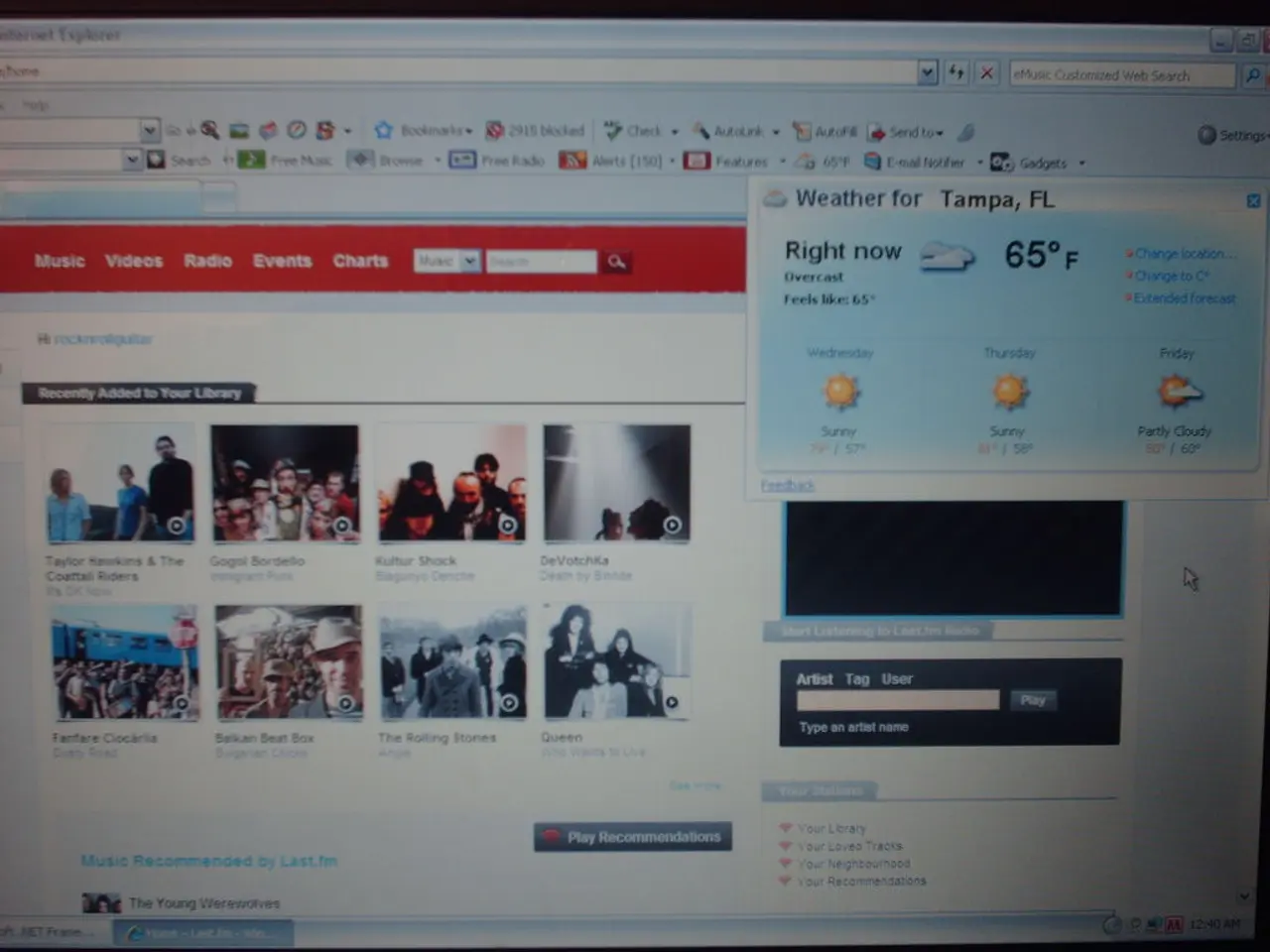Online gaming activities such as poker and sports betting face potential prohibition in Australia
In a bid to strengthen regulatory oversight, Australia has passed the Interactive Gambling Amendment Bill 2016. This law, a result of the 2015 Review of Illegal Offshore Wagering, aims to address loopholes around sports betting, which has been linked to match-fixing.
Match-fixing
The enhanced regulatory framework, including the National Consumer Protection Framework (NCPF) for Online Wagering and the involvement of agencies like the Gaming and Wagering Commission (GWC), aims to improve integrity and monitoring in gambling activities. This should help detect and deter corrupt practices like match-fixing by imposing stricter controls and reporting requirements.
Revenue generation
The law targets better regulation and tax enforcement, which could increase government revenue from legal betting operators. However, experiences in neighbouring regions like New Zealand show a risk that stringent restrictions or taxes might not translate straightforwardly into higher revenue. For example, New Zealand's law restricting overseas betting sites could lead to information blackouts and challenges in tracking offshore turnover, which undermines tax collection effectiveness. Australia seems to be actively blocking illegal sites and enforcing consumer protection, which could shore up legitimate revenue sources.
Impact on the black market
While the law aims to clamp down on illegal betting platforms and improve consumer protections, there's a concern that overly restrictive rules or high taxes could push bettors towards offshore or illicit operators, expanding the black market. For example, New Zealand’s approach led to concerns about offshore sites continuing to operate undetected through geo-blocking. Australia’s ongoing efforts to block illegal gambling sites indicate awareness of this risk, but the black market may persist if legal options become unattractive or inaccessible.
Senator David Leyonhjelm's arguments
Liberal Democrats senator David Leyonhjelm has expressed disapproval with the anti-online gambling measures. He suggests that the ban on sports betting could encourage players to seek foreign betting operators, expanding the black market. In the UK, licensed sports betting operators are subject to government taxation, generating significant revenue for the country. Senator Leyonhjelm argues that the effect of the anti-sports betting measures would be counterproductive and labels them as "unnecessary and ineffective".
In conclusion, while Australia's law aims to curb illegal betting and protect consumers, its ultimate impact on match-fixing, revenue, and black market size depends on effective enforcement and balancing regulation to avoid driving bettors offshore.
The National Consumer Protection Framework (NCPF) for Online Wagering and the involvement of agencies like the Gaming and Wagering Commission (GWC) are aimed at improving integrity and monitoring in casino-and-gambling activities, including poker and casino-games, by detecting and deterring corrupt practices like match-fixing through stricter controls and reporting requirements.
However, Senator David Leyonhjelm has argued that the ban on sports betting could inadvertently encourage players to seek foreign operators, expanding the black market for sports-betting, similar to the concerns in New Zealand. This raises questions about the law's effectiveness in reducing the black market for various casino-and-gambling activities.




